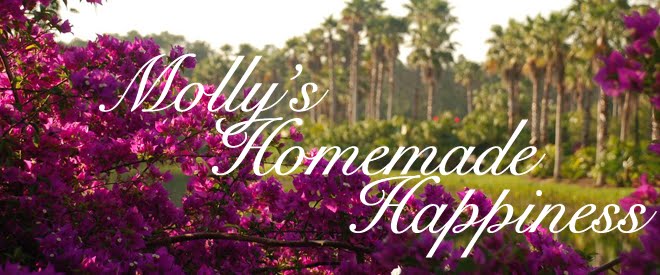I would like to expound a little on my previous post about Michael Pollan's Book, In Defense of Food: An Eater's Manifesto.
Before jumping into the book, you might ask yourself: "Is this a book that I want to read?" Some people are like I used to be and scared to take the plunge. I now believe that it's best to have all of the information and then make the choices you deem right for your family. You can find people much more extreme about the food they eat than I am, but I have found a balance for my own family. People that we stay with when we travel sometimes worry about what to feed us, but we always reassure them that we eat whatever they do. We do not do this to burden anyone else. We simply chose to make a change in the way we eat at home, which is a majority of the time. So don't be scared, just be informed and make the changes that are best and conceivable for your family.
The premise of this book is very simple: "Eat Food. Not too much. Mostly Plants." The main thing that I like about Pollan's book is that he takes a large amount of information and food cycles and presents it in a way that is very clear to understand. He follows the trends of nutritionism and eating habits which helps to see how we have been so easily deceived. Nutritionism is simply buying a product based on one nutrient, such as a sugary cereal that advertises more fiber instead of focusing on the countless whole food products that offer an array of natural nutrients that our bodies are able to recognize. Have you ever noticed the constant change in margarine? Whatever the "hot topic" nutrient happens to be at the time, it has it, such as omega 3's. This is just one example of a food that is chemically altered to increase sales. Whole foods have the same nutrients all the time, no matter what the fad.
Pollan also focuses on what he calls the Western Diet, which is the way American's eat. All the fast "food" and processed "food like products" that we consume are having a negative effect on our health. Diseases such as heart disease, diabetes, and cancer are plaguing our nation. Not to say that our country is the only one suffering from these diseases, but as the Western Diet infiltrates other countries, studies have shown that the rates of the health problems also rise.
One thing that I like is that it is not about what "diet" you choose, it's about the lifestyle changes you make to consume real food. So it fits into everyone's taste. You don't have to adhere to a traditional cultural diet such as the Mediterranean diet or eat like the French do. They are all healthier than we are, and God created our bodies wonderfully. Our bodies can quickly begin to undo all of the damage we have previously done when we begin to remove processed products from our diet.
Another thing that I like about this book is that it's not just a book of what to do and what not to do. It helps you to understand that what you eat has an impact on your health. This book ends with simple rules for how to change your diet, such as, "Don't eat anything your grandmother wouldn't recognize." This makes it very easy to take what you have learned while reading the book and put it into practice.
This book helped me understand better what I was putting into my body and also helped me to recognize how blinded I have been by advertising and marketing.
I hope that this review of The Eater's Manifesto helps you and your family make informed decisions about the food you eat. This book is what spurred my husband and I to begin eating better.
2 days ago

No comments:
Post a Comment